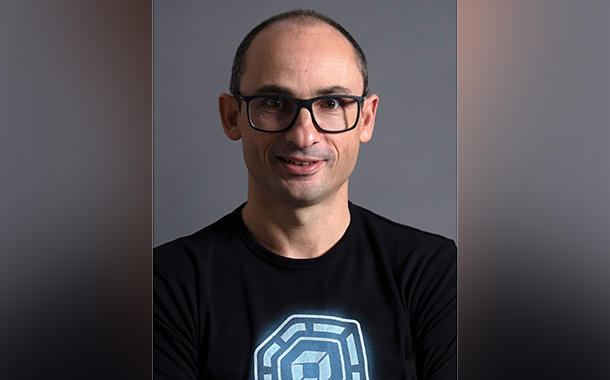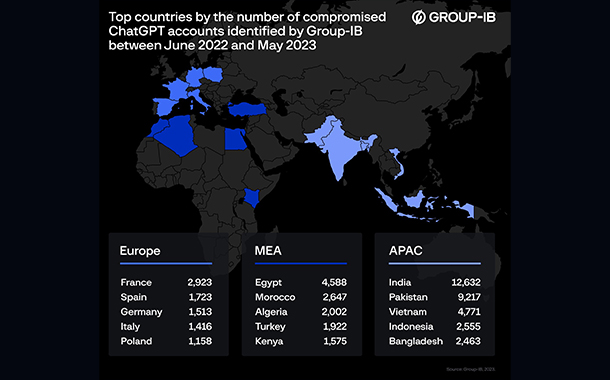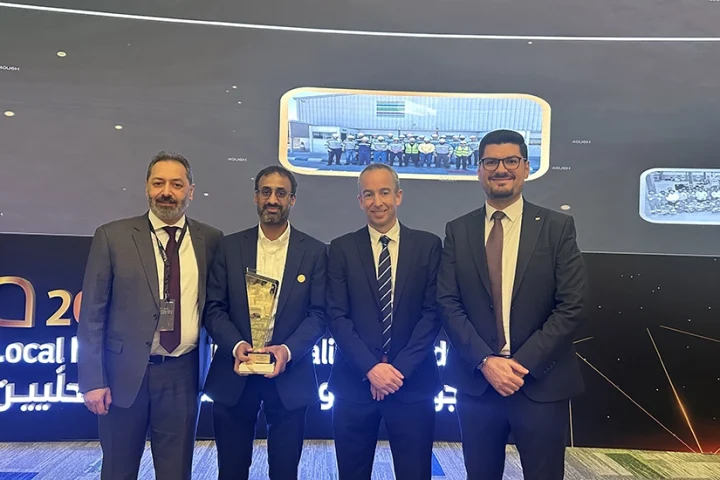ChatGPT and generative AI are revolutionizing industries worldwide, with the potential to transform software development and delivery. Although still in its early stages, generative pre-trained transformer (GPT) technology offers significant advantages when combined with causal AI. This pairing enhances the impact and safer use of ChatGPT and other generative AI technologies.
ChatGPT, an AI chatbot developed by OpenAI, launched in November 2022, captivating boardrooms and households globally. GPT technology and large language models (LLMs) that power it, hold immense potential for tasks like enhancing customer service and increasing employee productivity.
Zooming in on the UAE, Dubai’s Road and Transport Authority (RTA) has also announced that it will start using AI in 2031 in a bid to contribute towards the Emirate’s ambition to become the world’s smartest city. The new technology will be used for road maintenance, monitoring public transportation, managing traffic, and much more.
Additionally, Dubai’s government has set forth laws and regulations for autonomous vehicles with the aim of deploying 4,000 autonomous vehicles by 2030. The city’s goals for smart mobility are anticipated to be advanced by the new law, which is also expected to draw investment and create a regulatory environment that makes it easier to use artificial intelligence (AI) in the mobility transport industry.
Similarly, at Dynatrace, we’re exploring numerous ways to leverage GPTs for accelerated innovation and improved team productivity. For instance, at our annual user conference, Perform, in February 2023, we demonstrated how people can use natural language to query our data lakehouse, showcasing the potential of GPT technology to advance “information democracy.” We have only begun to scratch the surface of these opportunities as the technology is still in its early stages.
Software development and delivery stand as critical areas where GPT technology, such as ChatGPT, excels. It aids DevOps and platform engineering teams in writing code snippets by drawing on information from software libraries. Moreover, it expedites problem resolution in custom code by providing root-cause context to GPTs, enabling auto-generated remediation.
These examples represent significant improvements over time-consuming manual processes, such as writing repetitive code or scouring countless Stack Overflow pages for answers. GPTs also facilitate rapid onboarding of team members to new development platforms and toolsets by allowing them to ask questions and receive immediate solutions.
While employing GPTs to accelerate software development, organizations must establish safeguards to protect intellectual property (IP) and data privacy. Site reliability engineers (SREs) and privacy teams should ensure that teams recognize and respect IP rights when sharing code with GPTs. It is equally crucial to prevent inadvertent sharing of IP or confidential data through technologies like ChatGPT, especially when utilizing repositories like GitHub.
To fully understand the risks associated with GPTs and generative AI, organizations must recognize that LLM-based generative AI is susceptible to error and manipulation. The accuracy and quality of publicly available information and input drawn by these systems can be untrustworthy or biased. Engineering teams must verify the code they receive from GPTs to mitigate risks to software reliability, performance, compliance, and security.
Prompt engineering plays a vital role in harnessing the power of GPT tools. Developers provide code and comments as context, which DevOps, SRE, and platform engineering teams feed into generative AI systems. To achieve precise results, prompt engineering requires trustworthy and actionable input. Causal AI, another form of artificial intelligence, plays a crucial role in achieving this precision by drawing insights from technology ecosystems and software lifecycles. Combining causal AI with GPTs empowers teams to automate analytics, explore code impact, and retain full context.
By integrating GPTs into the Dynatrace unified observability and security platform, organizations can enhance the impact and value of ChatGPT and related technologies. Natural language queries combined with causal AI-powered answers provide accurate context, improving the precision and actionability of GPT’s proposals. This integration enables DevOps and platform teams to receive precise recommendations for solutions to optimize application response time and automate workflow scaling.
Generative AI and causal AI complement each other, enhancing the impact of GPT technology. However, organizations must understand that ChatGPT and similar technologies alone do not provide solutions. The quality, depth, and precision of information and context fed into these systems directly affect their proposals.
To maximize the impact of generative AI, organizations should combine it with causal AI, ensuring they receive reliable and meaningful suggestions. This approach enables deterministic and repeatable automation through causal AI and provides rich context to unlock the full potential of GPTs in software delivery and productivity use cases.
By addressing security and privacy concerns, organizations can leverage automated prompt engineering to feed GPTs with real-time data and causal AI-powered context. This allows GPTs to drive productivity with suitable and meaningful suggestions. Additionally, combining causal AI and generative AI enables DevOps and platform engineering teams to verify the output of generative AI, ensuring reliability and security in their code. Intelligent automation further facilitates the execution of reliable and secure code.
This journey towards combined causal AI and generative AI empowers organizations to achieve significant productivity gains and accelerate the speed of software innovation, creating a lasting competitive advantage.






















